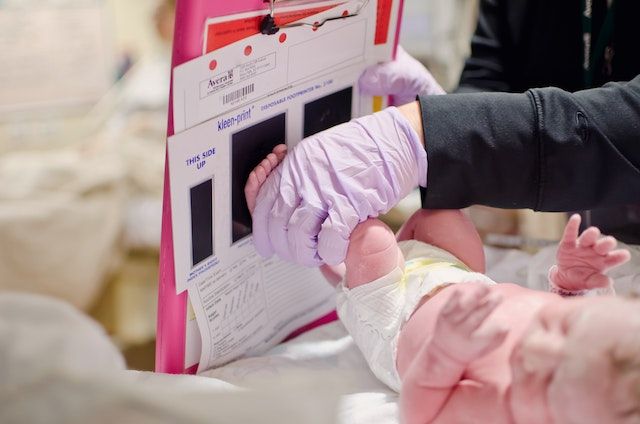Neonatal nursing is a specialized field that requires a unique set of skills and knowledge. Nurses who work in neonatal units are responsible for the care of newborn infants who are often premature or have medical complications. Neonatal nursing requires a combination of specialized knowledge, technical and interpersonal skills, which nurses can use to provide high-quality care to newborn infants and support their families during a critical time.
In order to provide the best possible care for these vulnerable patients, neonatal nurses must obtain the right qualification through high-quality education and training in any of the accredited neonatal nurse practitioner schools and programs available at colleges and universities, and online. This article looks at the key skills that are essential for neonatal nurses, from understanding neonatal physiology to communication and critical thinking.
Understanding Neonatal Physiology
Neonatal nurses must have an understanding of human physiology in general, and particularly the physiological processes that occur in newborn infants. This includes knowledge of respiratory, cardiovascular, gastrointestinal, renal and neurological systems specific to neonates. They need to be familiar with the unique characteristics of neonatal anatomy and how it differs from that of older children and adults. This knowledge is crucial for providing appropriate care and treatment to newborns.
Neonatal nurses must also be able to interpret and analyze diagnostic tests such as blood tests, X-rays, ultrasounds and echocardiograms as this skill is essential for identifying any abnormalities or potential health issues in neonates. By developing and honing these skills, neonatal nurses can provide high-quality care to newborn infants and contribute to their overall health and well-being.
Knowledge and Skills in Neonatal Developmental Care
A key skill for neonatal nurses is being adept at neonatal developmental care. Neonatal developmental care refers to the specialized care provided to newborn babies in the neonatal intensive care unit (NICU) to support their growth and development. This skill involves understanding the unique needs of premature or sick infants and implementing interventions to promote their physical, cognitive and emotional development.
Neonatal nurses who are adept at developmental care possess the knowledge and skills to create a nurturing and supportive environment for newborns. They are trained in techniques such as positioning, handling and feeding that optimize the baby’s comfort and minimize stress. They also have a deep understanding of the developmental milestones and sensory needs of newborns, allowing them to provide appropriate stimulation and promote healthy growth.
Being adept at neonatal developmental care involves effective communication and collaboration with the interdisciplinary team including neonatologists, occupational therapists and developmental specialists. Neonatal nurses with this skill can work closely with other healthcare professionals to develop individualized care plans for each baby, ensuring that their developmental needs are met.
Ability to Handle Neonatal Emergencies
Another important skill for neonatal nurses is the ability to handle neonatal emergencies. These emergencies can arise suddenly and require immediate action to ensure the well-being and survival of the newborn. Neonatal nurses must be trained and proficient in recognizing and responding to various emergency situations that can occur in the neonatal unit which includes being able to assess the condition of the newborn quickly and accurately, and initiate appropriate interventions.
Some common neonatal emergencies that nurses may encounter include respiratory distress, cardiac arrest, sepsis, hypoglycemia and hypothermia. Nurses must be able to effectively manage these emergencies by providing resuscitation, administering medications, and implementing other necessary interventions.
In addition to technical skills, neonatal nurses must possess strong critical thinking and decision-making skills. They need to be able to quickly analyze the situation, prioritize interventions, and make sound judgments under pressure. Effective communication skills are also crucial in neonatal emergencies. Nurses must be able to effectively communicate with the healthcare team, parents, and other stakeholders to ensure coordinated and timely care for the newborn.
The Importance of Effective Communication
Effective communication is of utmost importance in neonatal nursing. Neonatal nurses need to communicate with other healthcare professionals such as doctors, respiratory therapists, and pharmacists, to discuss the baby’s condition, treatment plans, and any changes in their status. This collaboration ensures that the newborn is provided the best care.
Communication is vital when interacting with parents and family members, as neonatal nurses must be able to explain complex medical terms and procedures in a way that is easily understandable to parents who may be experiencing high levels of stress and anxiety. They need to provide emotional support, answer questions, and address concerns, fostering a trusting relationship with the family.
Furthermore, effective communication plays a role in educating parents about neonatal care. Nurses need to provide instructions on feeding, hygiene and developmental milestones, ensuring that parents have the knowledge and skills to care for their baby once they leave the hospital.
